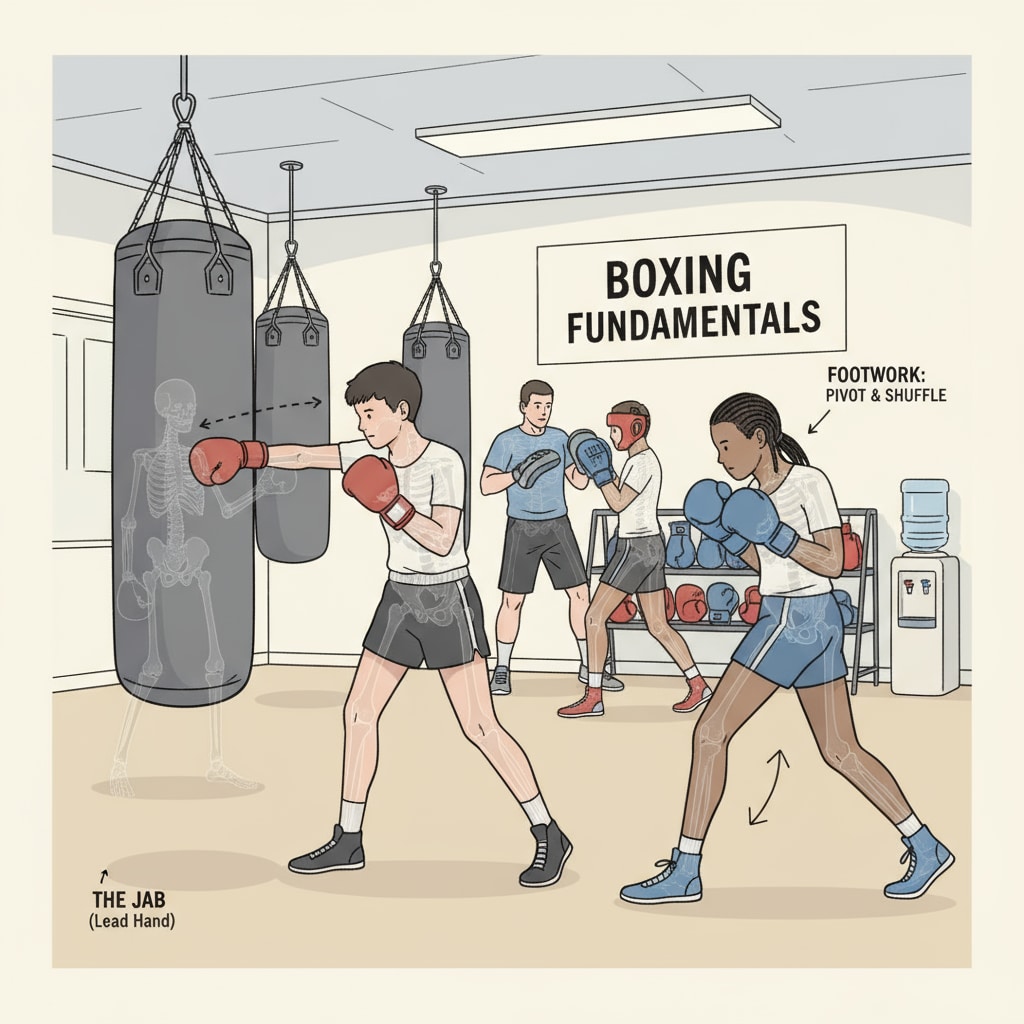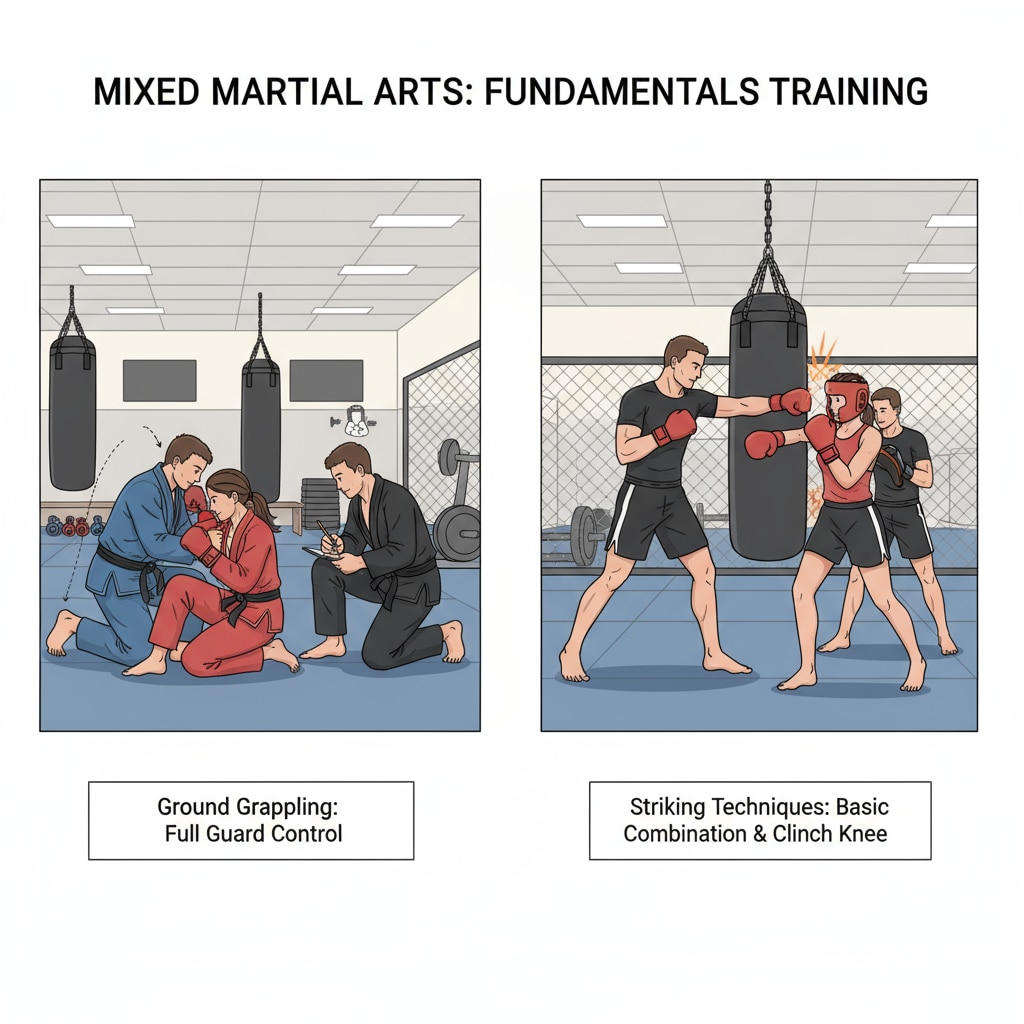When it comes to college applications, extracurricular activities play a crucial role. Among the various options, boxing and MMA (Mixed Martial Arts) stand out as unique choices. These combat sports not only offer physical benefits but also have significant value in enhancing a student’s college application profile.

The Historical Background of Boxing and MMA
Boxing has a long and storied history, dating back thousands of years. It has been a part of ancient Greek Olympics and has evolved into a highly competitive sport today. MMA, on the other hand, is a relatively newer form of combat sport. It combines various martial arts disciplines. According to Wikipedia’s entry on Boxing, boxing’s traditional roots have shaped its discipline and training methods. MMA, influenced by different martial arts like Brazilian Jiu-Jitsu and Muay Thai, offers a more diverse skill set.
Skills Developed through Boxing and MMA
Boxing primarily focuses on hand techniques, footwork, and endurance. Training in boxing helps students develop discipline, focus, and mental toughness. MMA, in addition to these aspects, requires grappling, submission, and a broader understanding of different martial arts techniques. As a result, MMA training can enhance a student’s adaptability and problem-solving skills. For example, in an MMA bout, a fighter needs to quickly analyze the opponent’s moves and respond accordingly.

Both sports also instill a strong work ethic. The rigorous training schedules demand dedication and commitment. Students learn to balance their academic responsibilities with their training, which is an important skill that college admissions officers look for.
Readability guidance: As we’ve seen, boxing and MMA have different historical backgrounds and develop distinct skills. These aspects contribute to their unique value in the context of college applications. Next, let’s explore how college admissions officers view these extracurricular activities.


